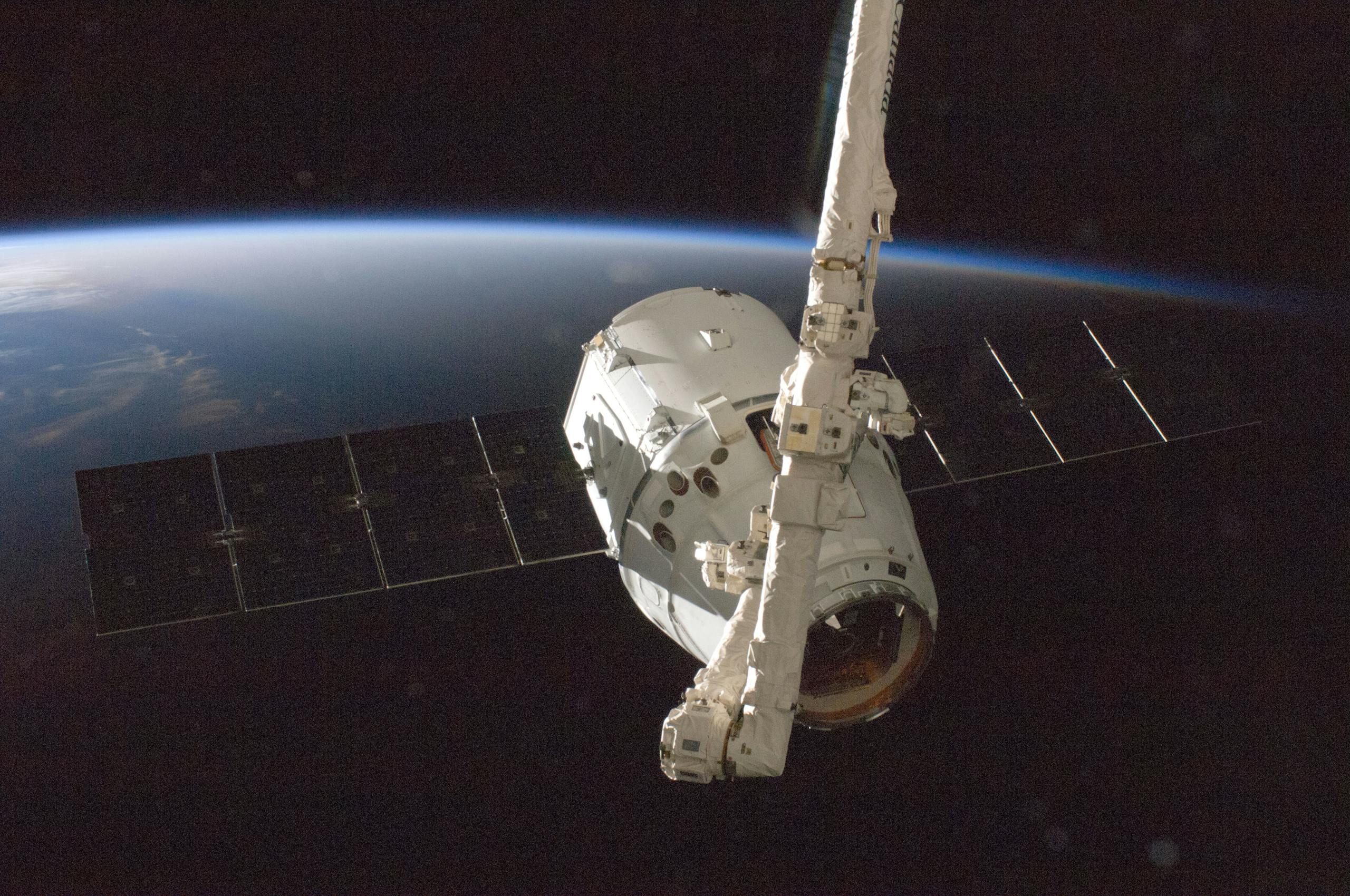This course provides the tools for managing spatial data and remotely sensed imagery to extract further meaning (intelligence). Along with the units on geographic information systems and remote sensing, it is packaged with map design, habitat and landform mapping, data management, programming, drone mapping and applications, and photogrammetry and visualization ensuring a well-rounded exposure to key areas. Case studies focus on location-based issues embedded in a range of different disciplines, including biodiversity, agriculture, urban planning, mining, defence, and emergency services. It assumes little to no prior knowledge in the field and is suitable for “up-skillers” who are seeking methods to extract additional meaning from location-based events, career changers and anyone who works in industries that collect geospatial information looking to make the next step. Graduates with the successful completion of certificate course may continue on to study our graduate diploma and progress to master courses
| Location | Perth, Malaysia |
| Study method | Full-time / Part-time |
| Study mode | Open and Distance Learning (ODL) |
| Intake | February or July |
| Duration | 1 semester full time or equivalent part time (Graduate Certificate in Geospatial Intelligence) 1 year full time or equivalent part time (Graduate Diploma in Geospatial Intelligence) |
Why Geospatial Intelligence?
- The Geographic Information System (GIS) market is expected to show significant growth; driven by the growing demand by various industry such as oil & gas, mining, utilities, transportation, construction, and agriculture
- Malaysia is identified as one of the leading in the GIS market in the Asia Pasific
- Leading online job websites show a high demand for positions involving GIS such as GIS Analyst, GIS Developer, and Geospatial Data Collector.
What you’ll learn:
- Apply the fundamental principles of geospatial technology to a range of application areas
- Analyse spatial data and issues to devise novel and appropriate solutions
- Select appropriate datasets/imagery and software to analyse, transform, and present findings in ways that are suitable to a range of audiences
- Recognise and be engaged in spatial issues that occur in other countries and/or on global scales
- Understand, value and interact with people across different cultures and respect different points of view
- Engage and learn with industry to develop initiative, problem solving ability, team and communication skills as well as gain exposure to real-world, location-based, problems.
View course information disclaimer
This page was last updated on 2 July 2025

